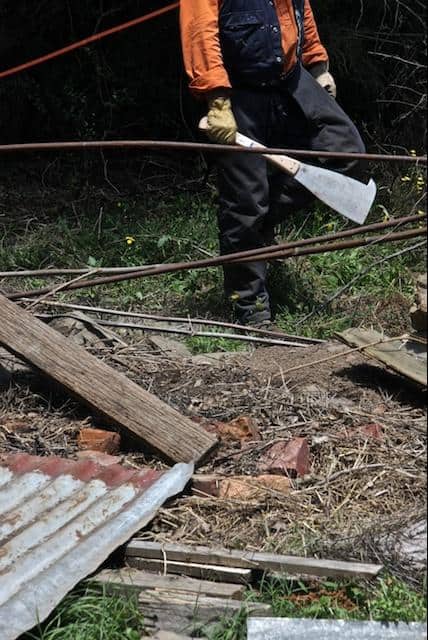One of the most important professional lessons is to only talk about what you know. I found this out personally after a disastrous pre-conference workshop many years ago where I did not understand what the workshop participants expected until I began seeing blank and quizzical expressions from the, thankfully, small audience.
On Australian radio on 14 December 2011, a geologist became embroiled in an interview on asbestos and cancer.
Ian Plimer is a well-known Australian geologist and is a professor of mining geology at the University of Adelaide. Plimer is a controversial and outspoken critic of climate change. The climate change debate is a fringe consideration in occupational health and safety but today, Professor Plimer entered the debate on asbestos, a carcinogen that is responsible for hundreds and thousands of work and non-work related deaths.
On ABC Radio, prominent Australian journalist and writer on asbestos industry issues, Matt Peacock, took Ian Plimer to task about Plimer’s 2008 claim that chrysotile, or white asbestos, is not carcinogenic. Continue reading “Tread carefully when speaking with the media”



